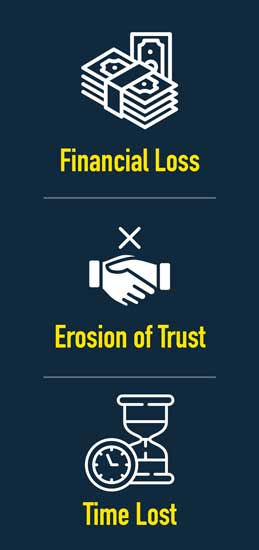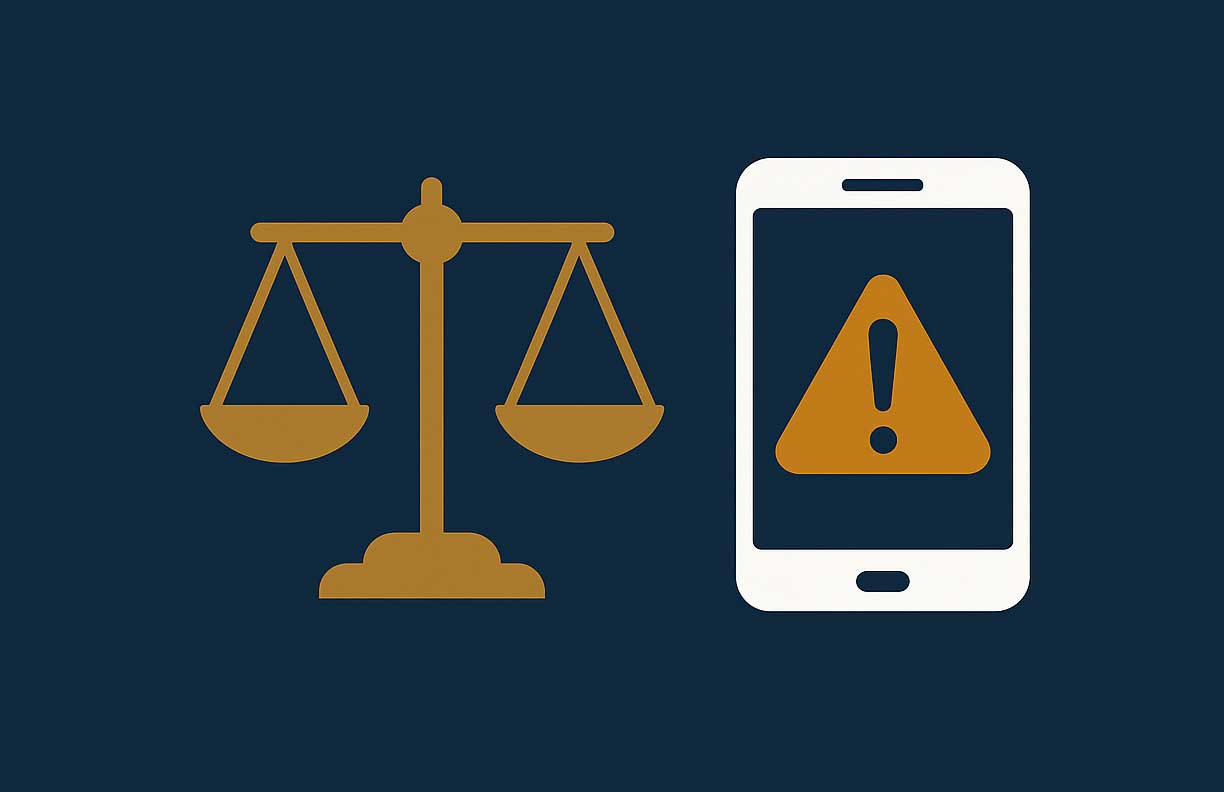The AT&T mobile cramming case is one of the most prominent examples of unethical and illegal mobile marketing practices in recent years.
In 2016, the Federal Trade Commission (FTC) announced that AT&T would provide over $88 million in refunds to customers who were charged for third-party services they never authorized, such as ringtones, wallpaper subscriptions, and text messaging services (FTC, 2016).
This case highlights the importance of transparency, consumer consent, and compliance with mobile marketing laws.
The Law Violated
AT&T violated Section 5 of the Federal Trade Commission Act, which prohibits “unfair or deceptive acts or practices” in commerce (FTC, 2016).
The company engaged in mobile cramming, placing unauthorized charges on customers’ phone bills. By failing to obtain proper consent and profiting from these charges, AT&T breached both ethical marketing principles and legal requirements.
Negative Consequences for Consumers
The impact on consumers was significant:
- Financial loss – Customers unknowingly paid $9.99 per month for services they didn’t sign up for.
- Erosion of trust – The deception damaged the customer–brand relationship.
- Time lost – Many customers had to spend hours disputing charges and requesting refunds.
This shows how unethical practices create both monetary and emotional harm for consumers.

Possible Penalties for Violations
Penalties for mobile marketing violations can be severe. In AT&T’s case:
- $88 million in refunds to customers
- $20 million in penalties to state attorneys general
- $5 million to the Federal Communications Commission (FCC) in penalties
Beyond the financial hit, companies risk reputation damage, loss of customer trust, and increased regulatory oversight.
How Marketers Can Stay Ethical
Marketers can avoid these pitfalls by following ethical best practices:
- Obtain explicit consent – Ensure customers opt in before receiving paid services or messages.
- Be transparent – Present all charges, terms, and policies in plain language.
- Offer easy opt-outs – Make unsubscribing or canceling simple and barrier-free.
- Avoid deception – Never hide fees or manipulate billing statements.
- Audit partners – Regularly monitor third-party vendors for compliance.

Learning from Other Cases
AT&T isn’t alone, T-Mobile paid at least $90 million in refunds for similar cramming practices in 2014.
These cases prove that without strong compliance programs, even major companies can face costly consequences.
Conclusion
The AT&T case is a clear reminder:
Ethics and legal compliance must be built into every mobile marketing campaign.
Marketers who prioritize transparency, consent, and fairness not only avoid penalties but also build stronger, lasting relationships with customers.
References:
Federal Trade Commission. (2016, December 8). FTC providing over $88 million in refunds to AT&T customers who were subjected to mobile cramming. https://www.ftc.gov/news-events/news/press-releases/2016/12/ftc-providing-over-88-million-refunds-att-customers-who-were-subjected-mobile-cramming

Leave a Reply
You must be logged in to post a comment.